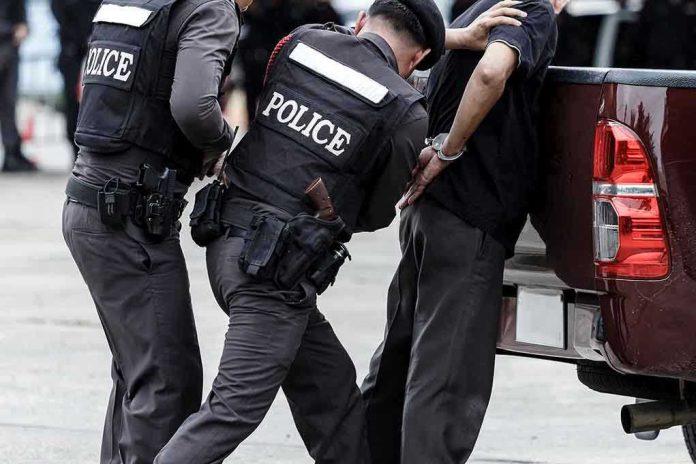
D.C. Mayor Muriel Bowser’s new order extends federal law enforcement cooperation even as Trump’s unprecedented 30-day emergency takeover of the city’s police force officially ends, raising concerns about the permanent erosion of local control.
Story Snapshot
- Trump’s federal emergency takeover of D.C. police ends September 10, 2025, after 30 days of unprecedented federal control
- Mayor Bowser signs order extending cooperation with federal agencies despite previous opposition to the takeover
- Emergency resulted in mass arrests and National Guard deployment, contradicting crime data showing 26% decrease in violent crime
- Legal challenges forced DOJ to modify direct federal control, but federal-local coordination continues
Federal Emergency Powers Override Local Authority
President Trump’s August 11 declaration of a “crime emergency” in Washington D.C. represented an extraordinary assertion of federal power over local governance. Attorney General Pam Bondi assumed control of the D.C. Metropolitan Police Department while Defense Secretary Pete Hegseth mobilized National Guard troops throughout the capital. The emergency order bypassed normal constitutional protections for local self-governance, demonstrating how federal authority can rapidly supersede community control when justified by dubious public safety claims.
Mayor Signs Order Extending Cooperation Between DC and Federal Law Enforcement https://t.co/0KIaq4CRGu
— Randy S MAGA. (@RandyRazor1972) September 4, 2025
Crime Statistics Contradict Emergency Justification
The Trump administration’s rationale for federal intervention crumbles under scrutiny of actual crime data. Department of Justice statistics revealed violent crime in D.C. had decreased 26% year-to-date and reached a 30-year low, directly contradicting claims of a crime emergency. A single high-profile assault in Dupont Circle involving a federal employee became the administration’s primary justification, highlighting how isolated incidents can be weaponized to justify sweeping government overreach against constitutional principles of local control.
Legal Challenges Force Federal Retreat
Swift judicial intervention exposed the questionable legal foundation of Trump’s police takeover. Courts challenged the federal appointment of DEA Administrator Terry Cole as “emergency police commissioner” within 48 hours of the declaration. The Department of Justice quickly rescinded direct federal control but maintained city cooperation with federal immigration enforcement operations. This partial retreat demonstrates how constitutional checks and balances can limit executive overreach, even during declared emergencies that threaten fundamental principles of self-governance.
Mayor’s Exit Strategy Preserves Federal Cooperation
Mayor Bowser’s order establishes a framework for transitioning back to local control while maintaining coordination with federal agencies. Bowser emphasized the emergency ends September 10 and cannot be extended without Congressional action, reasserting D.C.’s limited home rule authority. However, the order’s provisions for continued federal-local cooperation suggest the intervention achieved lasting changes in how the capital city operates. This outcome raises concerns about whether emergency powers create permanent precedents that undermine local autonomy and constitutional governance principles.
Long-Term Implications for Constitutional Order
Trump’s D.C. intervention establishes a dangerous precedent for federal overreach that threatens constitutional principles nationwide. The ease with which emergency declarations can override local governance exposes vulnerabilities in America’s federal system that future administrations might exploit. Civil rights organizations correctly identified this action as government intimidation designed to create fear and compliance. Patriots must recognize how emergency powers can be weaponized against fundamental American principles of local control and limited government, regardless of political party affiliation.
Sources:
Understanding Trump’s Takeover of Policing in Washington, DC
How Trump’s D.C. Police Takeover Became a Tool for Immigration Enforcement
Declaring a Crime Emergency in the District of Columbia



